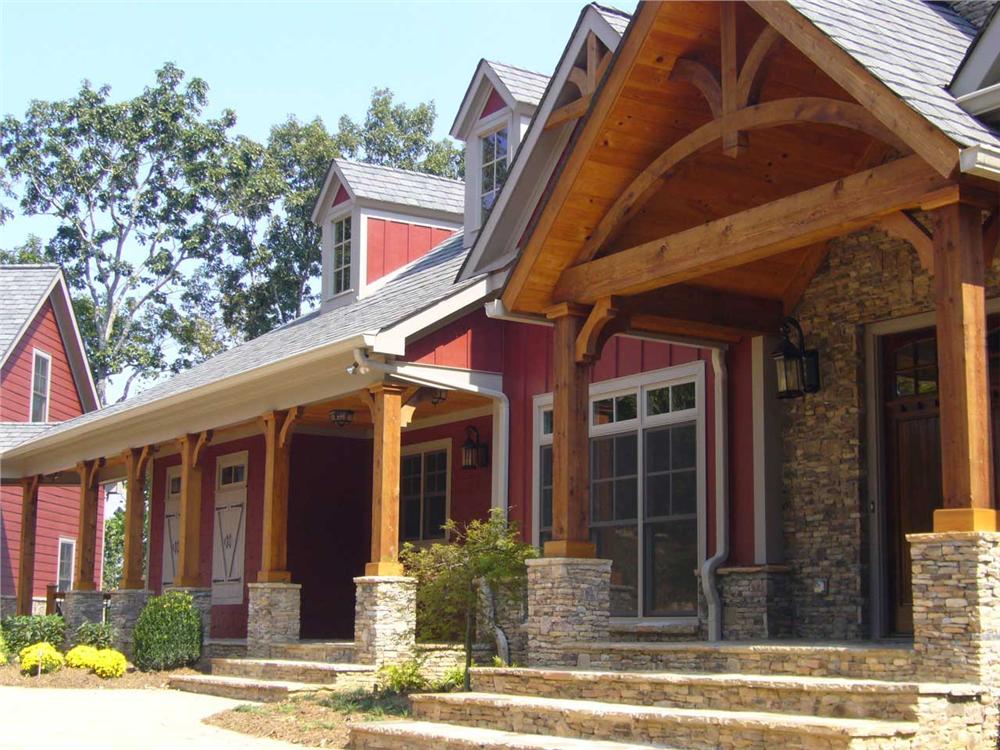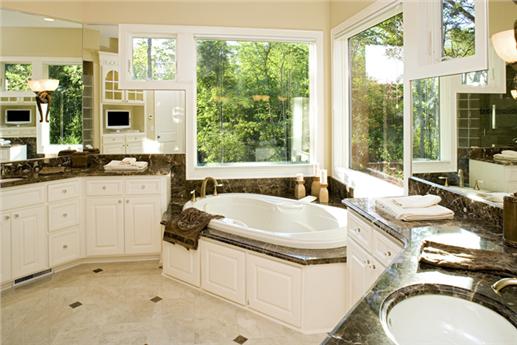Recent projections have shown that half of our buildings will be rebuilt by 2030. That’s residential and commercial buildings combined. Can you imagine? In just over 20 years, our evironment will change dramatically! The green movement is getting excited about the studies, showing that in only 20 years we can vastly improve our building techniques and waste practices. What’s more astonishing is that by this time, the nation will need approximately 427 billion sq. feet of space. The large majority of this space will be single family housing units.
This places a lot of responsibility on homeowners. The US Green Building Council shows that “Building operation consumes 40% of U.S. energy and 71% of the electricity, 12% of the water, and rapidly increasing quantities of land. Building demolition, construction and renovation generate over 35% of non-industrial waste. Buildings can also create health problems; indoor air pollutants are at concentrations typically between two and five—and occasionally more than 100—times greater than those of outdoor air. Building operation accounts for 38% of the country’s carbon dioxide emissions.” (edited for length). As large shareholders in all this “building operation” homeowners need to take the step to integrate ecologically (and economically) friendly materials. The cost has dropped dramatically for greening up your homes and the return on investment has risen exponentially. It’s time we demand that our residences promote a healthy indoor and outdoor environment.
sources: (http://www.usgbc.org/ShowFile.aspx?DocumentID=2464) and (http://www.worldchanging.com/archives/007475.html)




